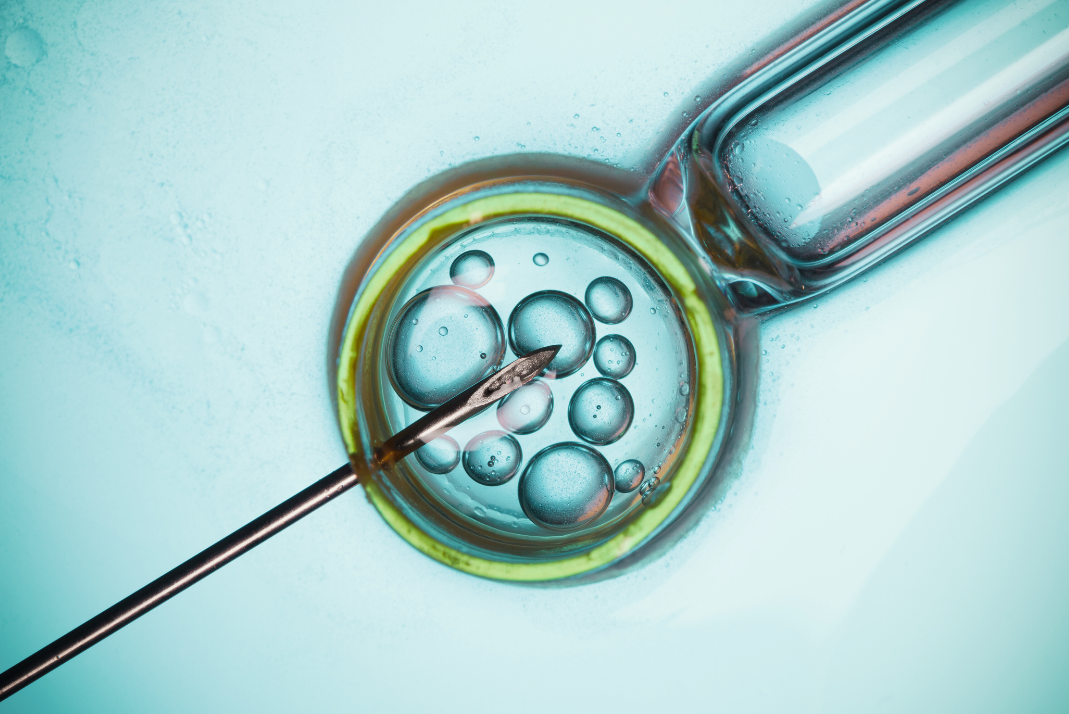Researchers announce babies born from a trial of three-person IVF
By Jessica Hamzelou,
MIT Technology Review
| 07. 16. 2025
Eight babies have been born in the UK thanks to a technology that uses DNA from three people: the two biological parents plus a third person who supplies healthy mitochondrial DNA. The babies were born to mothers who carry genes for mitochondrial diseases and risked passing on severe disorders. The eight babies are healthy, say the researchers behind the trial.
“Mitochondrial disease can have a devastating impact on families,” Doug Turnbull of Newcastle University, one of the researchers behind the study, said in a statement. “Today’s news offers fresh hope to many more women at risk of passing on this condition, who now have the chance to have children growing up without this terrible disease.”
The study, which makes use of a technology called mitochondrial donation, has been described as a “tour de force” and “a remarkable accomplishment” by others in the field. In the team’s approach, patients’ eggs are fertilized with sperm, and the DNA-containing nuclei of those cells are transferred into donated fertilized eggs that have had their own nuclei removed. The new embryos contain the DNA of...
Related Articles
By Diaa Hadid and Shweta Desai, NPR | 01.29.2026
MUMBRA, India — The afternoon sun shines on the woman in a commuter-town café, highlighting her almond-shaped eyes and pale skin, a look often sought after by couples who need an egg to have a baby.
"I have good eggs,"...
By George Janes, BioNews | 01.12.2026
A heart attack patient has become the first person to be treated in a clinical trial of an experimental gene therapy, which aims to strengthen blood vessels after coronary bypass surgery.
Coronary artery bypass surgery is performed to treat...
By Staff, ScienceDaily | 01.05.2026
Scientists at UNSW Sydney have developed a new form of CRISPR technology that could make gene therapy safer while also resolving a decades-long debate about how genes are switched off. The research shows that small chemical markers attached to DNA
...
Following a long-standing CGS tradition, we present a selection of our favorite Biopolitical Times posts of the past year.
In 2025, we published up to four posts every month, written by 12 authors (staff, consultants and allies), some in collaboration and one simply credited to CGS.
These titles are presented in chronological order, except for three In Memoriam notices, which follow. Many more posts that are worth your time can be found in the archive. Scroll down and “VIEW...




